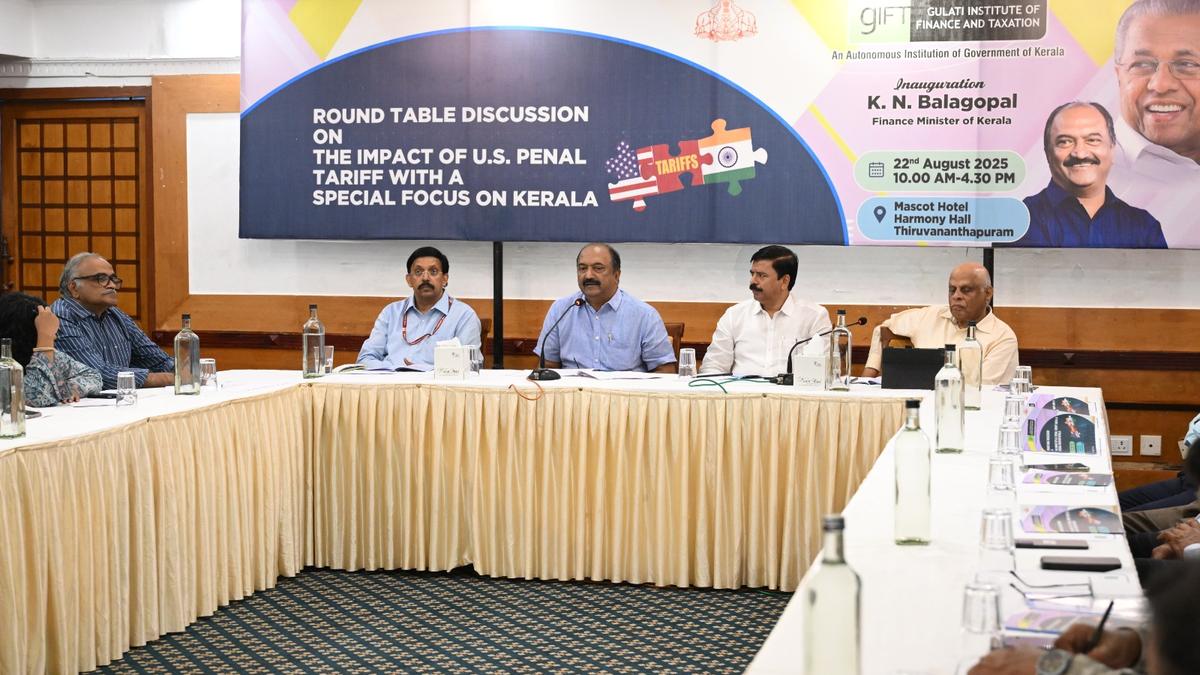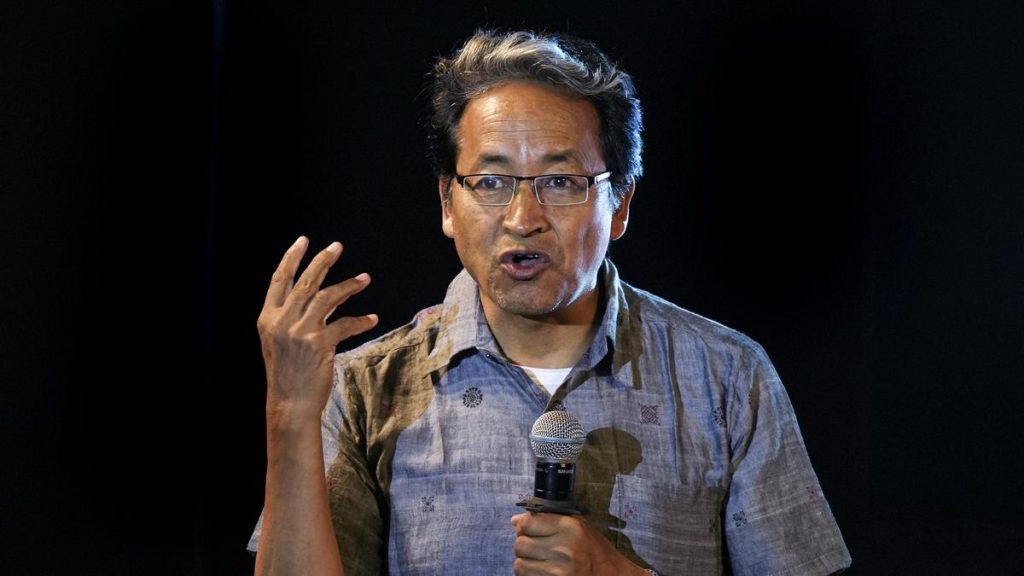Now Reading: GST Reforms to Significantly Affect State Finances: K.N. Balagopal
-
01
GST Reforms to Significantly Affect State Finances: K.N. Balagopal
GST Reforms to Significantly Affect State Finances: K.N. Balagopal

Speedy Summary
- Revenue Concerns: Kerala Finance Minister K.N. Balagopal warned of substantial revenue losses due to teh proposed GST revamp, estimating a ₹8,000-₹9,000 crore dip for kerala and a potential national revenue drop of ₹4 lakh crore in 2024-25.
- Impact on Kerala: Automobile and insurance sectors are anticipated to be heavily affected; a reduction in automobile GST slabs from 28% to 18% could cause a ₹1,100 crore loss for Kerala alone.
- National Revenues: India’s GST revenue target for FY24-25 stands at ₹22.08 lakh crore.
- Equity Concerns: Balagopal expressed concerns that previous GST reductions benefited large corporations rather than individuals and emphasized the need to protect weaker sections from adverse effects stemming from state-level revenue losses.
- U.S.-India Trade Implications: He linked the proposed GST changes to India’s response to recent U.S.penal tariffs,calling attention not only to import-export dynamics but also thier impact on domestic markets.
- Round-table speakers included experts like Planning Board Vice-Chairman V.K. Ramachandran who highlighted geopolitical motives behind U.S tariff policies.
Indian Opinion Analysis
The discussion underscores significant concerns surrounding fiscal stability amid sweeping tax reforms proposed by the Center. Balagopal’s estimation amplifies worries about inadequate safeguards against state-level revenue shrinkage which could disproportionately affect social welfare spending aimed at vulnerable populations.At its core is not just an internal economic restructuring but also India’s response to external pressures-especially punitive tariff regimes exercised by global powers like the United States-and their spillover effects on domestic industries such as automobiles and insurance sectors in states like Kerala. The need for equitable tax design arises as states face mounting challenges balancing fiscal independence with adherence to central policy maneuvers that claim national benefit while risking regional disparities.
This highlights critical questions about how collaborative federal governance can support diverse local economies during global economic shifts without diluting equity or autonomy-a matter likely requiring deeper deliberations among policymakers beyond Kerala.
Read more: Article link

























